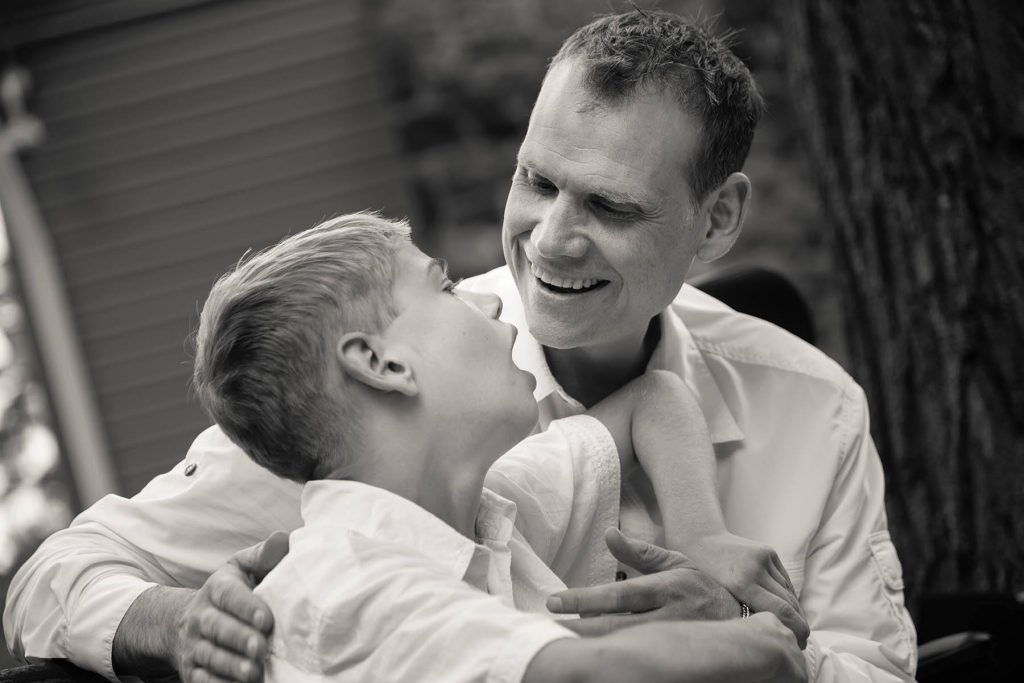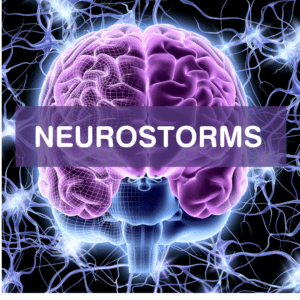Unlocking Bryson’s Brain
Share This Post

The main message we heard from these researchers – that a cure for GRIN Disorder might be possible – changed the way I thought about the future for Bryson, who has a variant in his GRIN1 gene.
I made a decision to set everything else aside and dedicate my life to doing whatever I can to help scientists identify therapies and cures for people with GRIN Disorder. I began setting up meetings with scientists, and I recorded everything, hoping to be able to share my journey with others.
I’ve created a podcast series called Unlocking Bryson’s Brain in partnership with the Canadian Broadcasting Corporation. This eight-part series tells the story of Bryson, GRIN Disorder, and our family’s search for a cure.

The podcast includes discussions with doctors, researchers, GRIN families, bioethicists, and disability rights activists.
The first two episodes follow our 10-year-journey to find a diagnosis. Later episodes get into the science of GRIN Disorder, the ethics of “cure,” and explore potential therapies (including gene editing and drugs to fix NMDA function).
My hope is that this podcast will create broader awareness of GRIN Disorder. But to me the most important audience is you – our global GRIN Disorder family. Please subscribe and join in wherever you listen to podcasts. I can’t wait to hear what you think.
Keith McArthur is CureGRIN’s CEO and head of science. He lives in Toronto, Canada.
Read more Posts

Coming Soon: A Guide to Treating / Curing GRI Disorders
Last week, CureGRIN brought together the world’s top experts in GRI Disorder Research for a two-day symposium in Toronto, Canada where we discussed the suitability of every type of treatment for each GRI gene and class of variants.

Neurostorms
Several parents in the GRIN community have reported specific non-epileptic events in their children.
